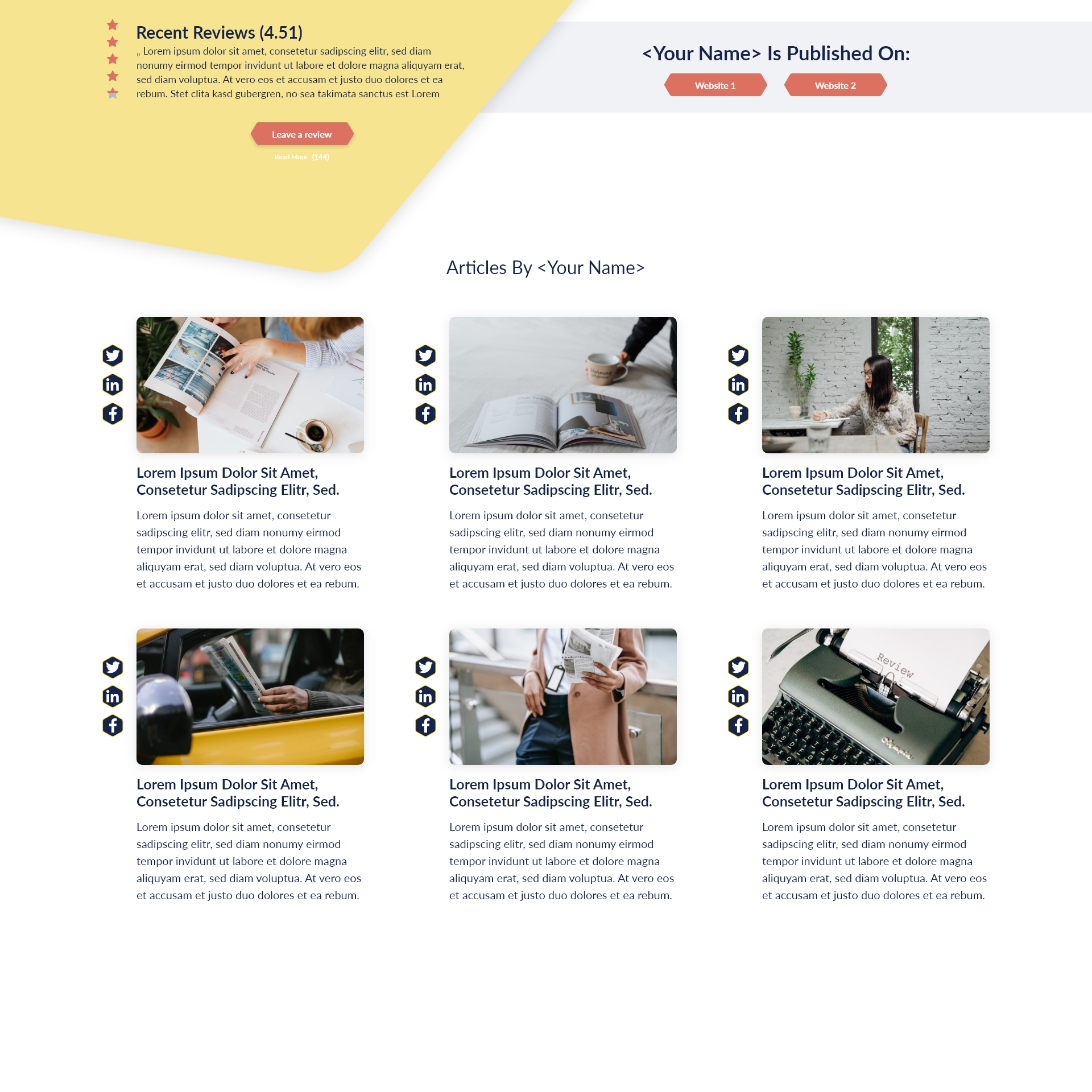Leaders, like CEOs, business owners, and managers, lead teams of employees toward a collective goal. It is critical for someone in this position to possess many developed leadership qualities to be the best leader. Leaders of the workplace create and maintain successful work environments and improve work-life on behalf of their employees. Let’s explore some of the necessary skills to enhance your leadership capabilities.
Leading the Workplace
A leader is responsible for supervising fellow employees and guiding them toward a common goal for the company’s benefit. Their presence influences others (positive or negative), depending on their willingness to serve, support, and uplift employees. The company is poised to benefit when leadership and employees alike perform well. Influential leaders understand the impact of their decisions and how their attitude affects others. However, with good morale, a positive working environment is enabled to thrive. It helps if you have a good sense of who you are to be an effective leader. This also involves confidence in your leading abilities for your employees and employer.
Important Leadership Qualities

Leadership skills require a variety of qualities and skills that aid in job performance. As a leader, you should possess hard and soft skills and utilize them to the benefit of your team daily. Various leadership skills include positivity, confidence, effective communication, and empathy, to name a few. Let’s delve deeper into these skills and explore how you can utilize them to your professional benefit.
- Effective Communication
Most roles require leaders who are capable of effective communication. Another aspect of leadership is serving as one of many company voices, highlighting the importance of communicating a clear and concise message. Therefore, leaders must be well-versed in communication skills to avoid miscommunication, especially regarding their employees and other professionals. - Empathy
Understanding the needs, wants, and concerns of another within an environment free from judgment is known as empathy. Leaders of all styles must be fully capable of utilizing compassion to create a harmonious relationship with employees, peers, and beyond. You will earn team members’ and colleagues’ trust and respect by displaying empathy. - Positivity
A healthy work environment depends on various factors, including positivity. If you want to improve thought and a good attitude throughout your team, a little positivity can make a difference. Employees who see you as a leader acting with a positive mindset are more likely to align their outlook with yours. - Confidence
You must firmly believe in your leadership skills and abilities, especially if you want to impart positivity and confidence to your employees. By displaying reasonable levels of trust, you can motivate team members to feel hopeful about the company’s future. - Vision
This skill begins with an established company vision that passes to leadership and beyond. To remain profitable, leaders must keep this vision at the forefront of their minds to think about future strategies. This ability works alongside motivation that you must work to pass on to your team. - Responsibility
Leaders face more tasks than other team members, which means they have to be responsible at the office. Often, this involves prioritizing duties and remaining focused and on task for the company’s greater good (and other employees as a byproduct). - Transparency
This attribute does not stop with management but applies to all levels of hierarchy within a company. Transparency establishes a sense of trust from the higher-ups down to floor workers. When leadership is open to communicating the state of the company, goals, issues, and beyond, you know employees are more likely to trust you in the future. - Motivation
Empowering a team through motivation is a leader’s responsibility. Doing so enables employees to bring the best version of themselves to work. - Delegation
Effective leadership understands the need to delegate tasks throughout the ranks according to the skills and abilities of each employee.
Humility

Making a mistake is an unfortunate event; as a leader, it’s crucial to own up to your missteps. Humility enables us to remain humble about our achievements, actions, motivations, and mistakes.







